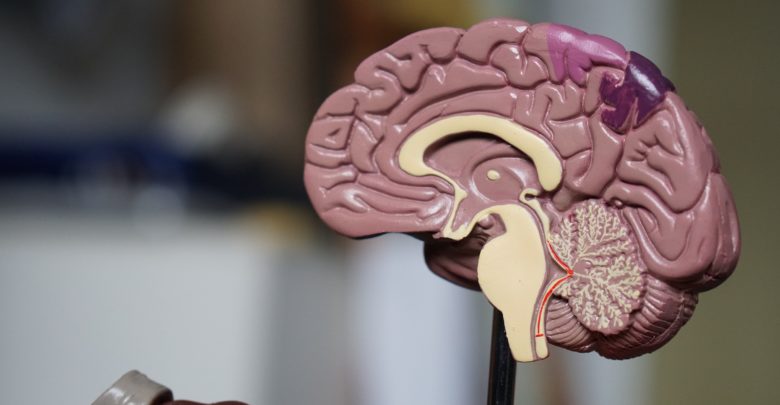 Robina Weermeijer
Robina WeermeijerResearchers at the University of Alberta have made a discovery that could lead to new ways of protecting the brain from diseases such as multiple sclerosis (MS).
Jason Plemel, a professor in the faculty of medicine and dentistry, is leading a study on cell behaviour associated with brain diseases like MS. According to Plemel, MS “affects [Alberta] more than any other place in the world.”
Recently, his team discovered microglia cells may cause further brain damage in patients with MS. Plemel said that this discovery could point to new treatments in the future.
Researchers want to find a way to prevent damage from MS
MS is a neurological disorder that triggers an autoimmune response, which can cause bodily impairment.
“A classic example of MS [symptoms] would be a loss of vision in the left eye which recovers a little, then there might be a weakness in the right leg and so on,” Plemel said.
He further explained that as they get older, “people with MS progressively [get] worse.”
According to Plemel the cause of MS is unknown, but there are possible factors. However, research shows that there is no clear way to prevent MS.
“What we’re more interested in is [finding] a way to prevent the damage caused by MS. This is to protect the brain and spinal cord against the damage that has already been initiated,” Plemel said.
In neurodegenerative diseases, cells in the central nervous system become negatively affected. The research team is studying the neurodegenerative aspects of MS, focusing on demyelination. Myelin provides protective insulation for the nerve cells in the brain. It allows electrical impulses in the brain to travel efficiently between nerve cells.
“Demyelination is when you damage the myelin. This is what the causes of disability in people with MS are related to,” Plemel said.
“Maybe with MS, the microglia … actually becomes damaging in themselves,” researcher says
The team found that during demyelination, there is an excessive presence of microglia cells. Microglia are immune cells that help monitor for damage to myelinated structures in the brain.
As the brain develops, these immune cells enter and spread throughout the brain. According to Plemel, these cells can become toxic and play a vital part in the process of demyelination. This allows diseases like MS to progress.
“Maybe with MS, the microglia … actually becomes damaging in themselves,” Plemel said.
According to Plemel, current MS medications “prevent the different immune cells that are present in our blood from entering and becoming active in the brain.” At this point in time, MS medications don’t solely target microglia, but can have still affect on the cells. Plemel added that some medications “can prevent 70 per cent of new lesions from forming.”
“These medications have all shown that they really reduce damage associated with the immune cells entering in the brain.”
Research shows that the main issue is that these medications stop working as MS progresses. Plemel’s team believes that studying the behaviour of microglia will open up new ways to prevent the progression of the illness.
“This is what my lab was really interested in — finding new approaches to try and prevent this progressive aspect of MS.”




